Have you ever dreamt of studying in a mesmerising foreign destination with amazing natural beauty, the land of the Alps, beautiful landscapes and towns, and living a high quality of life? If your answer is ‘yes’, then you must have imagined studying in Switzerland. Studying abroad is presumably one of the most complex decisions for Indian students. Thus, every study abroad aspirant put their utmost effort into finding the best country that would suit their budget and career goals, and for that matter, you can study in Switzerland, a place that is second to none.
Why study in Switzerland? The country has earned the top 10 safest place in the world due to its strict gun laws and low crime rates. As an international student studying abroad, you will explore the country's peaceful environment and feel a safe state of mind, while exploring its amazingly beautiful places. Switzerland not only offers top-quality education, world-class infrastructure, and global exposure, but also offers a unique blend of cultural diversity, student support, and safety. It is also the most sought-after destination for international students seeking quality education at affordable costs.
Bern is the capital of Switzerland. Approximately 76,257 international students are currently studying in Switzerland, and nearly 60% of the Swiss population speaks English. It means not much language barrier for you. Also, many top higher education institutions in Switzerland offer a wide range of English-taught programmes catering to international students. The currency of Switzerland is the Swiss franc (CHF), which is currently 108.40 INR. The average cost of studying in Switzerland, especially a UG programme, is CHF 1,500 – CHF 4,500, a PG programme is CHF 2,500 – CHF 6,500, and a PhD programme is CHF 500 – CHF 3,000 per year. If you want to build a career with great precision and perfection, Switzerland is the destination for you!

Capital
Bern

Currency
Swiss franc

Int. Students
76,257

Salaries Range
CHF 81,456

Happiest Country
9th

Capital Income
USD 7,689

Exams Required
IELTS

Average Tuition Fees
CHF 1,500 - 6,500 P/Y

No. one University
ETH Zurich
If you want to study in Switzerland, you need to know which intake is best for you. Universities in Switzerland open for admission in 2 intakes per year. One is the Fall intake, which starts in September/October, and the other is the Spring intake, which begins in February. The Fall intake is a more popular and competitive option to study in Switzerland for Indian students, offering a wider range of UG and PG programs.
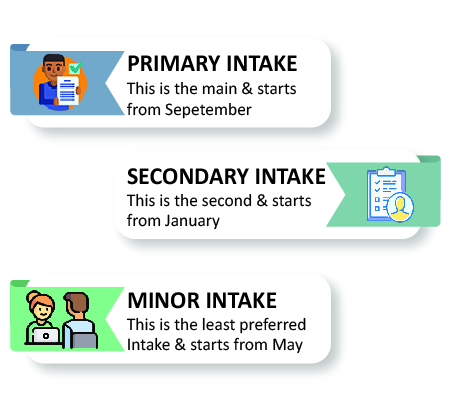
The Swiss education system is organised into primary, secondary, and tertiary levels. Upon completing compulsory schooling, students typically choose their academic path, such as bachelor’s, master’s, and PhD programmes. The UG degree in Switzerland typically takes 3 years, the PG degree takes 2 years, and a doctoral-level (PhD) degree takes 3 to 5 years to complete.
To study in Switzerland, you must meet the academic prerequisites for pursuing a bachelor's or master's course. Though the eligibility criteria to study in Switzerland for Indian students vary depending on the course and the University one chooses. It is, therefore, essential to check the academic requirements before you choose a course or institution. Here are the basic academic requirements:








Broadly speaking, you get to see a higher cost of living in Switzerland than in the United Kingdom or Australia. Whenever you are moving to a country, you should calculate the cost of food, accommodation, transportation and other expenses along with your tuition fees. Also, the average cost of living depends on the city you live in, the course you pursue and the university you choose. The tuition fees for Bachelor’s and master’s programmes range between CHF 1,500 - 6,500, while living expenses go up to CHF 1,700 to 2,500 per month, including food, transportation and accommodation. Let’s see the expenses at a glance.
| Type of Expense | Avg. Yearly Cost (CHF) |
|---|---|
| Room in shared apartment | 1200.00 |
| Studio apartment | 1500.00 |
| House with 3 or 4 bedrooms | 3500.00 |
| Students’ residence | 1200.00 |
| Homestay meals included | 400.00 |
| Total | 7800 |
Swiss Government Excellence Scholarships: International researchers get this esteemed scholarship offered by the government of Switzerland. It is typically for doctoral-level students, covers tuition fees, a portion of the monthly stipend, health insurance, travel costs, and accommodation allowance. The amount is offered in CHF 1,920/month.
ETH Zurich Excellence Scholarship & Opportunity Programme: This scholarship is offered to international PG students having an excellent academic background and leadership potential. The amount of scholarship can go up to CHF 12,000 per year, including a tuition fee waiver.
EPFL Excellence Fellowships: It is a limited fellowship programme offered to international students pursuing master’s courses in Switzerland. The amount for this fellowship can go up to CHF 10,000, including accommodation support.
University of Geneva Excellence Master Fellowships: International students pursuing a master’s programme in Switzerland can apply for this fellowship based on their merit, especially in pursuing a PG programme at the University of Geneva. The amount of the fellowship offered is CHF 10k to 15k per year.
IMD MBA Scholarships: This financial assistance or scholarship is offered to students pursuing an MBA programme in a top Swiss University. A full-time tuition fee is offered of CHF 85k.
Graduate Institute Geneva Scholarships: It is a prestigious merit-based scholarship offered to students pursuing PG and doctoral-level programs in international affairs and their related domains. The amount offered to international students is CHF 20k to 30k per year, which includes all expenses.
The country offers various types of visas, including the post-study visa in Switzerland, depending on the purpose as well as duration of your stay. The most common types of visas are Schengen visas, which are applicable for short stays of up to 90 days, and a national visa for longer stays. The Schengen visas are for visiting family, business and tourism, and national visas are for students and family reunification.
The visa category is applicable for those individuals who stay up to 180 days during their studies.
Type- Tourism
Cost of Visa - 74 CHF
Visa Expiry - 180 days
This national visa category is applicable for students who want to study for longer than 180 days.
Type- Study
Cost of Visa - 100 CHF
Visa Expiry - 5 years
This work visa in Switzerland is applicable for those who have secured employment in the country...
Type- Work
Cost of Visa - 7k CHF
Visa Expiry - 1-5 years
To obtain a student visa in Switzerland, you need a valid passport, proof of funds, travel arrangements, travel insurance, proof of accommodation, and other important documents mentioned here. Specific requirements for a visa application can vary based on the type of visa you need and your circumstances.
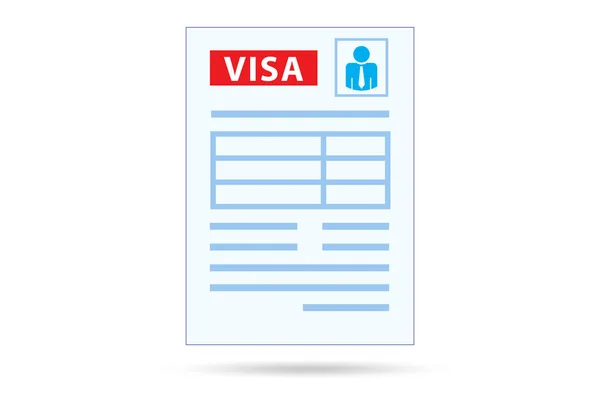




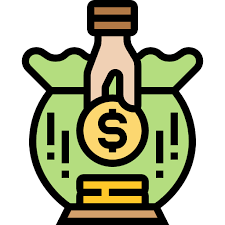
The career prospects after studying in Switzerland are excellent. In-demand industries are always looking out for skilled professionals in diverse sectors. Some of the key areas are information technology, healthcare, hospitality, media, nursing, finance and engineering, to name some. High salaries, quality of life, and stable economy make Switzerland one of the attractive countries for job seekers around the world.
Part-time work opportunity
As an international student, you are permitted to work part-time up to 15 hours per week during your studies in Switzerland, or full-time during University break in various sectors, such as hospitality, retail, and customer service.
Full-time work opportunity
Upon completing the studies, Indian and international students can get a full-time work opportunity in Switzerland. Sectors, like technology, finance, hospitality, healthcare and engineering, have more jobs than others in the country.



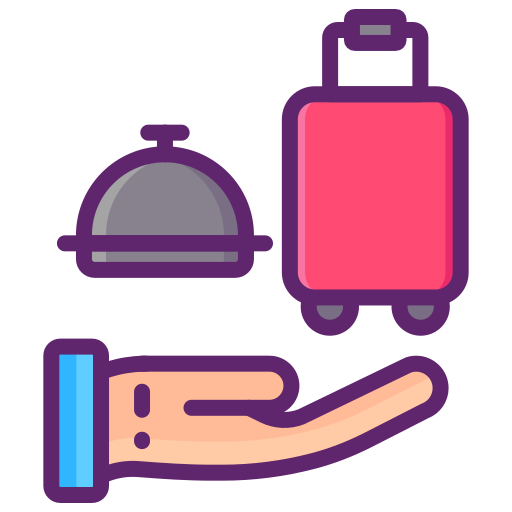
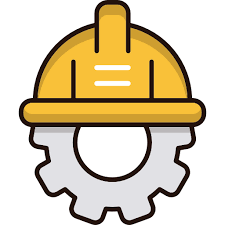

Switzerland is considerably an expensive for studying and living for Indians than Australia or the UK. You can complete your UG or a PG programme between CHF 1,500 - 6,500 per year.
You need a valid passport, student visa, academic transcripts, English language proficiency, a personal statement, a LOR, proof of funds, and proof of accommodation for admission to study in Switzerland.
The Swiss Federal Institute of Technology Zurich is considered the number one University in Switzerland, known for bespoke education, training and research.
Yes, English-taught programmes are available in many Swiss universities, especially at the master’s and doctoral levels for international students.
A non-European student can work up to 15 hours during term time and full-time during academic or university breaks in Switzerland.